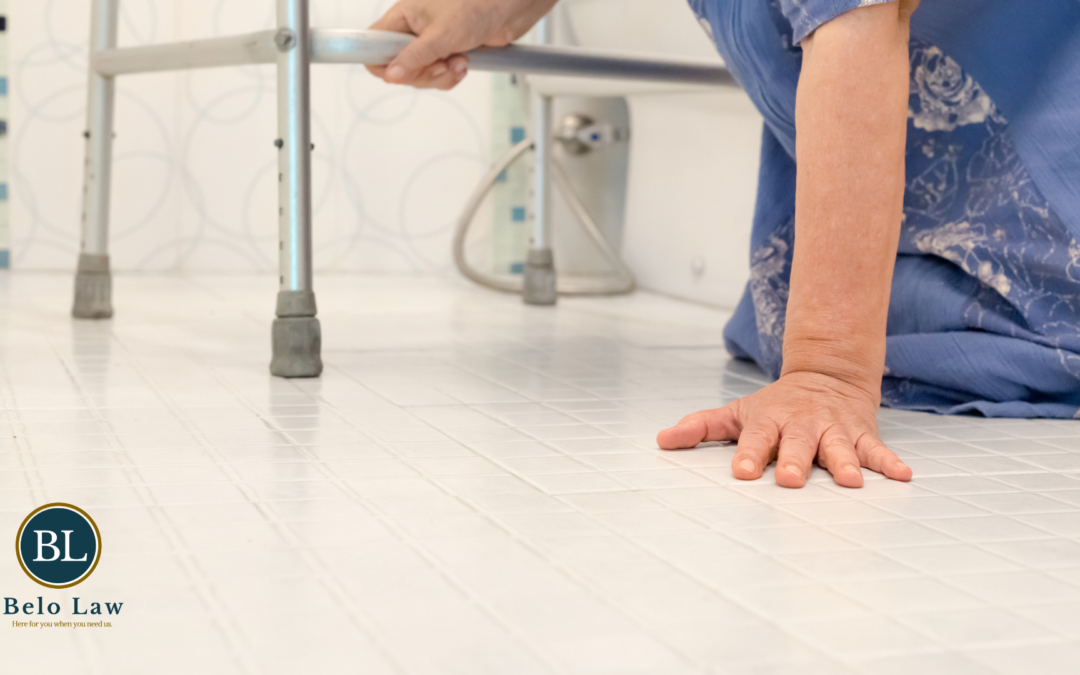
Recent data from the Centers for Disease Control and Prevention shows that one in four senior Americans will fall this year, and nearly 3 million of them will be treated in hospital emergency rooms. Fractured hips, head trauma and other serious injuries will cause extended hospital stays for over 800,000 seniors, and unfortunately an estimated 27,000 will die. The emotional costs alone for family members is unfathomable, but layers of additional costs also apply.
For instance, the average hospital bill for a senior fall injury is over $30,000, according to the National Council on Aging.
That amounted to more than $50 billion in 2015, with Medicare and Medicaid picking up only 75 percent of the senior’s expense. That is not all. Seniors who aren’t badly hurt and those who recover from injury often develop a fear of falling that undermines independence, physical activity and social engagement. This leads to muscular weakness, isolation and depression, all of which contribute to falling risks and declining health. Adult children of aging parents and family caregivers, who account for the vast majority of senior caregiving, suffer their own emotional burdens due to increased responsibilities and hardships.
Adult children, however, may be able to dramatically reduce the likelihood of a senior falling by identifying risk factors, such as:
- Changes in an elder parent’s body, like frailty or imbalance.
- Behavioral choices, like rushing and night walking.
- Environmental hazards, like clutter inside their homes and obstacles in their community.
Other preventative avenues to consider can include:
- Testing balance and muscle weakness in consultation with a doctor or physical therapist.
- Walking aides, assistive devices and strength building exercises
- Vision exams and corrective lenses
- Evaluating prescription medicines for side effects, such as dizziness
While falls are a serious problem, there are many ways to prevent them. Remember, prevention is always less costly than the aftermath of a senior fall.
These are just a few statistics and tips about falling as a senior and how falls impact families. If this article raises more questions than it answers for you, do not hesitate to contact our office to ask us your questions or schedule an appointment.
